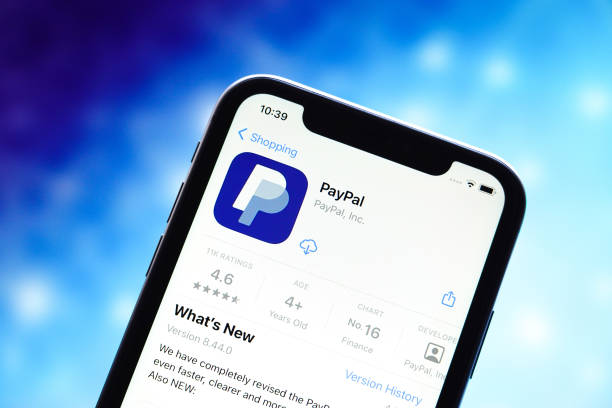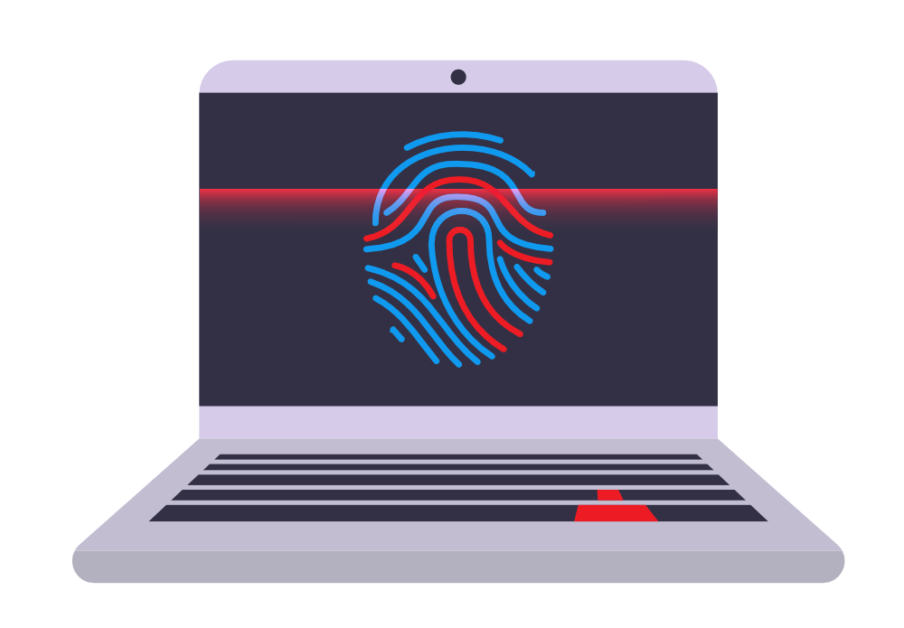Explore the PayPal Carding Method 2024 where we will delve into the latest techniques for successful carding. Learn how to stay safe and anonymous in the realm of carding.
PayPal has been a household name in the world of digital banking for many years. It’s a simple and secure way to transfer and receive money online, making it a popular choice for both individuals and organisations.
However, like with every financial site, there are some who aim to take advantage of it. In this article, we’ll go over the notion of PayPal carding and walk you through the process for 2024.
Carding is not just unethical, but also illegal and can cause a slew of problems in the future. For any kind of problems, we will not be responsible. This article is solely for educational purposes, and we do not support or encourage any unlawful activity.
What is PayPal Carding?
PayPal carding is a type of method or trick in which a hacker uses hacked credit cards to cash out or purchase goods and services online. It also included cookies and hacked PayPal account data.
How to Cashout Using PayPal Carding Method: Step by Step

Step 1: Create a Main PayPal Account
The first step is to open a PayPal account if you don’t already have one. Sign up for a personal account on the PayPal website. Verify your email address and submit accurate information.
Step 2: Create Two Additional PayPal Accounts
You’ll need three PayPal accounts to use this strategy. Use a high-quality VPN or proxy and a different web browser for each of the two additional accounts to remain anonymous.
Step 3: Transfer €50 to Your Second PayPal Account
Transfer €50 from your primary PayPal account to your secondary account once you’ve set up your three PayPal accounts. Make the transfer using the “Friends & Family” option.
Step 4: Send €50 from Account 2 to Account 3
Following that, transfer €50 from your second PayPal account to your third PayPal account. Use the “Goods & Services” option for the transfer this time.
Step 5: Send €50 from Account 3 to Your Main Account
Complete the cycle by transferring €50 from your third PayPal account to your primary account, once again using the “Friends & Family” option.
Step 6: Initiate a Dispute
This is where the fraudulent behaviour comes into play. Log in to your second PayPal account and file a dispute for the transaction to your third PayPal account. Claim that you never received the item.
Step 7: Accept the Dispute on Account 3
Log in to your third PayPal account and accept the dispute lodged by your second account. This step is critical to complete the fraudulent transaction.
Step 8: Refund the Money
Once you’ve accepted the dispute on your third account, refund the money to your second account. This step makes it appear as if the transaction was real, successfully hiding your tracks.
Important Note
Do not use several PayPal accounts at the same time. This method is intended for the year 2024 and may not be applicable in the future.
Conclusion
While we have provided a comprehensive introduction to the PayPal carding method for 2024, it is important to emphasise that engaging in illegal acts is both unethical and illegal. Any involvement in fraudulent practises is strongly discouraged, as it can result in severe penalties, including legal action. For genuine and ethical transactions, it is always advisable to use PayPal and other payment platforms.
Frequently Asked Questions
1. Is PayPal carding legal? No, PayPal carding is illegal and unethical. Engaging in such activities can lead to criminal charges.
2. Can I get caught if I attempt PayPal carding? Yes, law enforcement agencies actively investigate and prosecute individuals involved in fraudulent activities like PayPal carding.
3. Are there legal ways to protect my PayPal account from fraud? Yes, you can enhance your PayPal security by enabling two-factor authentication, regularly monitoring your account, and being cautious of phishing attempts.
4. What are the potential consequences of PayPal carding? Consequences may include legal action, fines, imprisonment, and a permanent ban from using PayPal.
5. Is it worth the risk to engage in PayPal carding? Absolutely not. Engaging in illegal activities can have lifelong consequences and is not worth the potential rewards.



